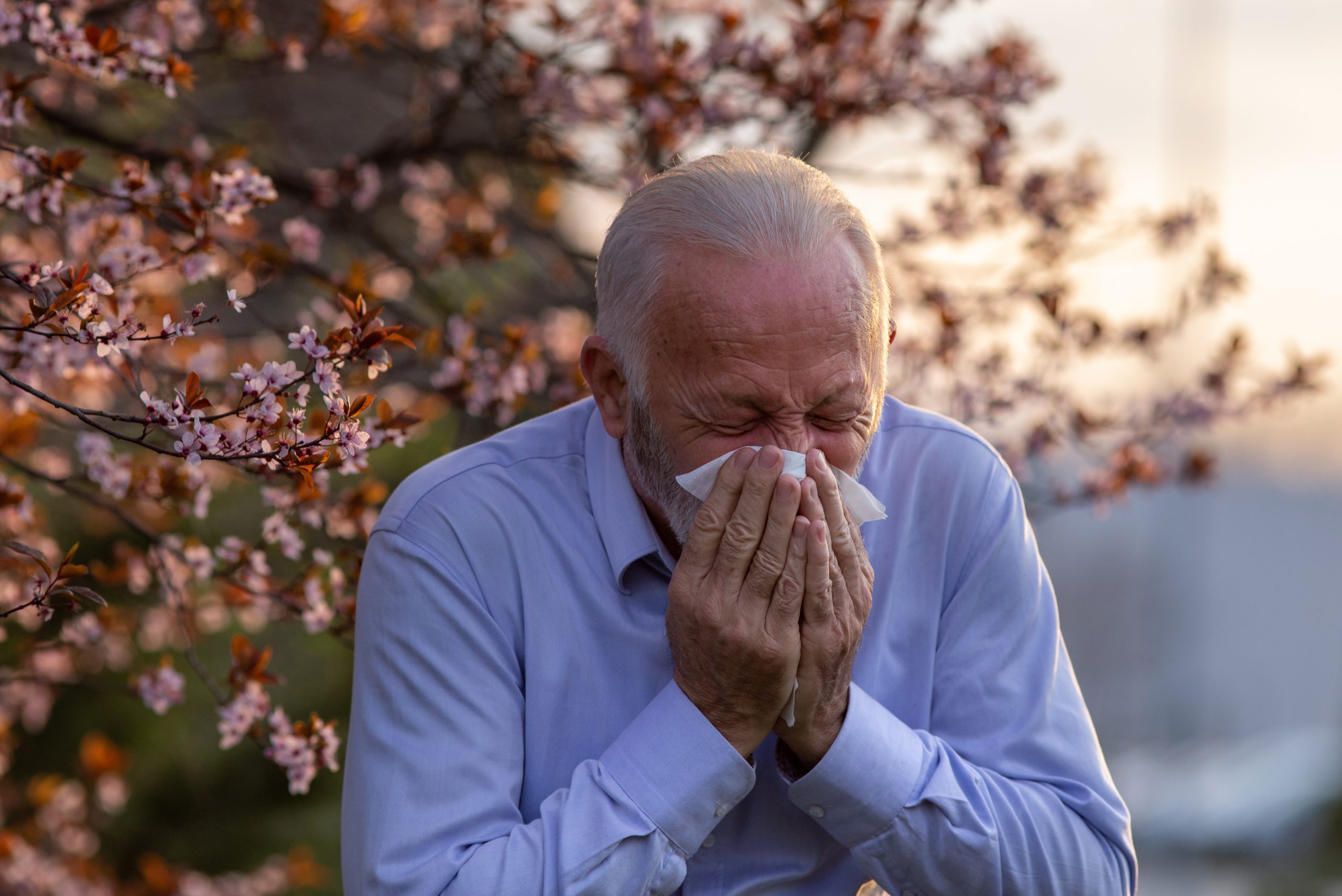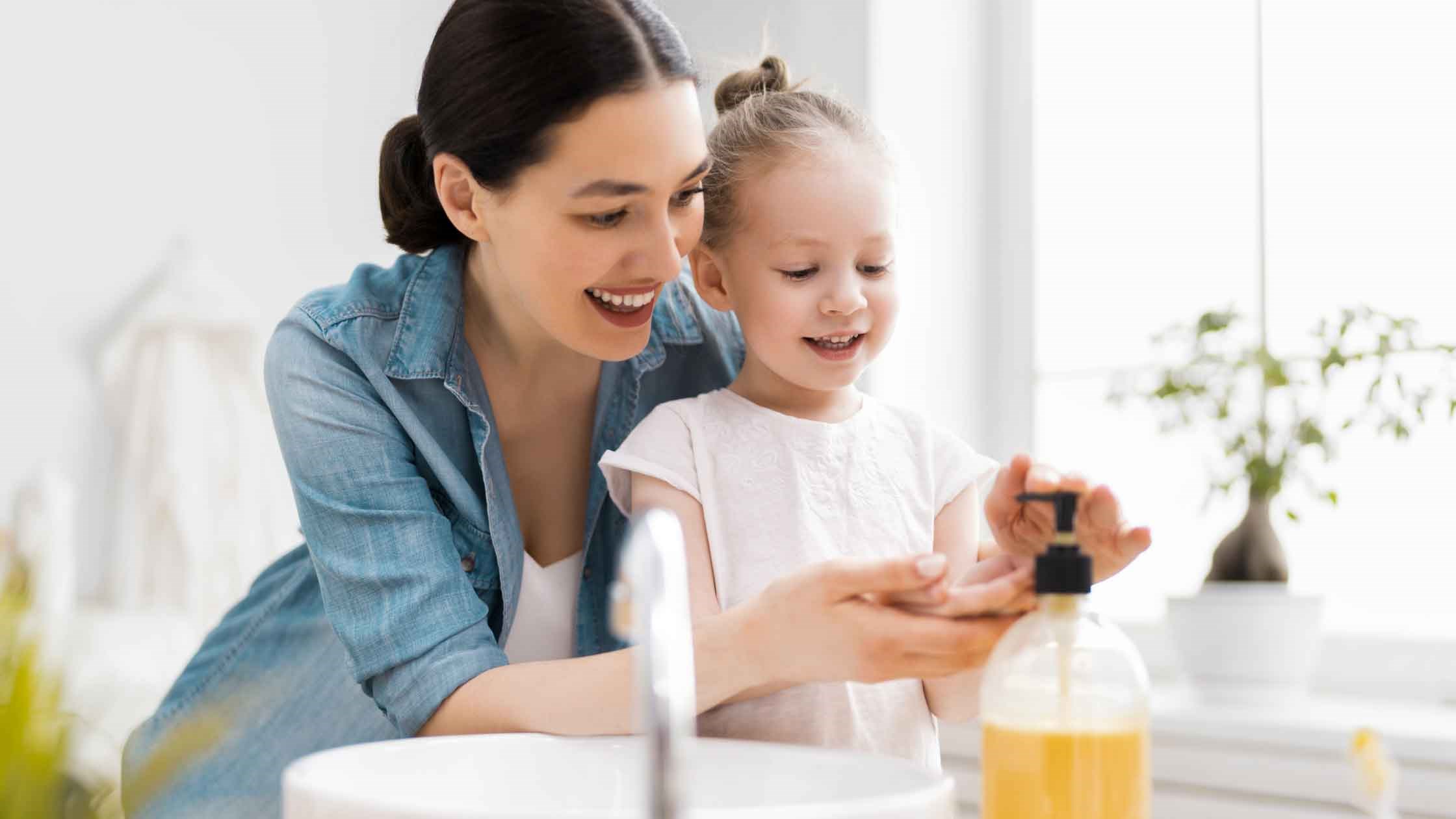Baby Safety Month

September is National Baby Safety month! Whether you are already a seasoned parent or are expecting your first child soon, we have some helpful tips to keep your little one safe at home.
Here’s how to keep baby protected at home:
Car seat safety. Always make sure baby is nice and snug in their car seat. If you are not sure how tight their seat belt should be, you can always ask a nurse before bringing your child home from the hospital. Oftentimes, most hospitals will not let you leave with baby until they confirm the car seat has been properly installed and your child fits correctly in the seat. Additionally, remember when not traveling in the car to not leave baby alone in the car seat – even if it’s just for a quick nap and you don’t want to wake them. Car seats are designed to hold baby securely at a precise angle attached to the base, otherwise the seat belt or baby’s unusual posture can make it difficult to breath properly.
Crib rules. Decorating baby’s crib and new room sparks so much joy, but remember when it’s time for baby sleep, the crib should be completely cleared out. The only things that should remain in the crib while baby is sleeping is the mattress, a waterproof mattress pad and a fitted sheet. The cozy blankets and stuffed animals can wait for their spot back after your child wakes up, so baby will have much more room to stretch out without having their breathing space blocked by any objects. It’s also recommended for baby to sleep on their back for at least the first year of life, and swaddles are a great help to prevent baby from rolling over on their side or belly.
No zones. Kids grow fast, and love exploring! You’ll want to make sure potential harmful objects are out of reach for baby. This is especially important as baby’s motor skills continue to develop each day. Baby’s crib and play areas should not be near any windows or blind cords. One way to baby proof your home is to think like a baby! What will they see first? What will grab their attention? From a baby’s perspective, just about everything looks interesting enough to pick up, listen to, smell or eat. You’ll also want to keep an open mind for things that aren’t so evident like small objects that may have fallen to the floor, or objects sitting to close to an edge that can be easily knocked down (such as breakable objects, glass candles, etc.). Don’t forget to plug up any electrical outlets that baby may have access to.
If you are having any concerns for baby’s health, need some coaching, or simply want to brush up on the latest tips for a new baby on the way, please schedule an appointment today!
Regardless of the date published, no content on this website should ever be used as a replacement for direct medical advice from your primary care provider or another qualified clinician.






